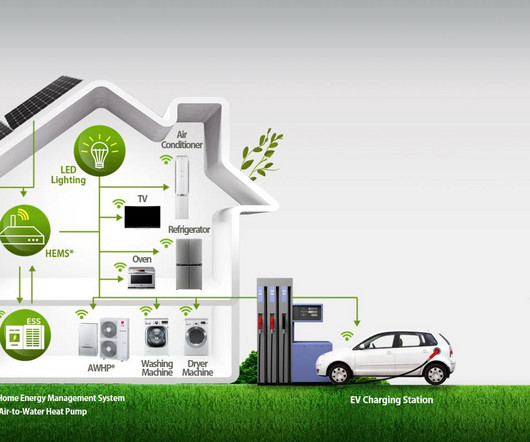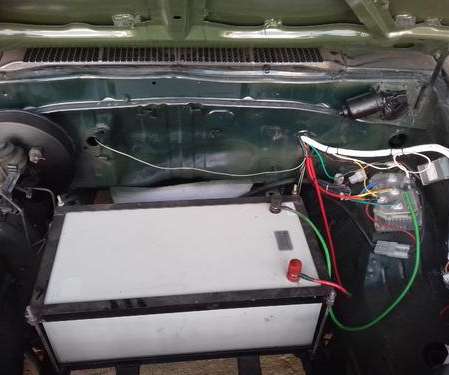Study sees gradual, focused replacement of lead-acid SLI batteries by Li-ion batteries over next couple of years
Green Car Congress
APRIL 1, 2019
A study by a team of researchers from Germany and South Africa forsees the gradual replacement of lead-acid SLI (starter, lighting and ignition) batteries with Li-ion batteries over the next couple of years. —Ferg et al. Schuldt, J. 2019.03.063.






























Let's personalize your content